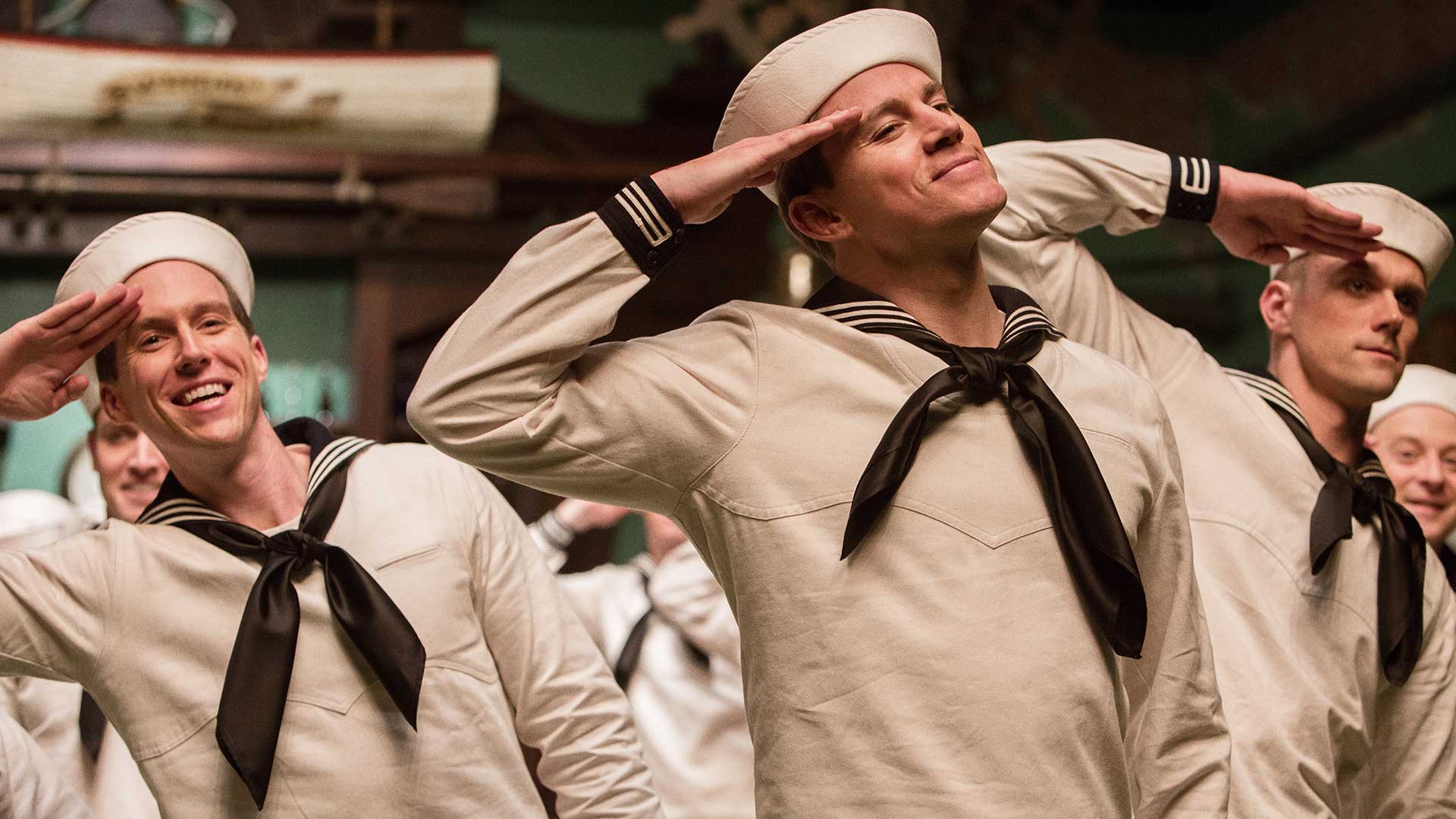Coen Brothers Respond to #OscarsSoWhite: “the Oscars Are Not That Important”
"We’re not concerned—but we’re not indifferent.”

When Joel and Ethan Coen were asked about #OscarsSoWhite they responded with “matching bemused groans” and commented that while “diversity’s important,” “the Oscars are not that important.”
By making such a big deal, you’re assuming that these things really matter. I don’t think they even matter much from an economic point of view. So yes, it’s true—and it’s also true that it’s escalating the whole subject to a level it doesn’t actually deserve.
The Coen brothers themselves have been nominated for 13 Academy Awards, and won four so it’s possible that they’re a bit more blasé about the whole affair. However, it is important to note that the Oscars does have an economic effect. This article from Telegraph suggests that an award means a longer lifespan for the movie, a boost in box office revenue, and general prestige (though some awards have more impact that others). Additionally, calling the #OscarsSoWhite movement started by April Reign an unnecessary escalation reeks of privilege and comes across as incredibly condescending for the many people who have voiced that the subject matters to them. Even if the Coen brothers find the public scrutiny excessive, they shouldn’t write off the many people, including the Academy itself, who find it deserved and important.
Their most recent movie, Hail, Caesar!, set in 1950s Hollywood, has a huge star-studded, and mostly white cast. When asked why the main cast lacked diversity, Joel responded:
Why would there be? I don’t understand the question. No—I understand that you’re asking the question, I don’t understand where the question comes from.
Not why people want more diversity—why they would single out a particular movie and say, ‘Why aren’t there black or Chinese or Martians in this movie? What’s going on?’ That’s the question I don’t understand. The person who asks that question has to come in the room and explain it to me.
When the interviewer brings up possible unconscious bias, the two respond that she’s misunderstood how stories are written, flat out telling her that her that if she doesn’t get that, then she’s absurdly misinformed.
You don’t sit down and write a story and say, ‘I’m going to write a story that involves four black people, three Jews, and a dog,’—right? That’s not how stories get written. If you don’t understand that, you don’t understand anything about how stories get written and you don’t realize that the question you’re asking is idiotic.
It becomes clear around the time that Joel equates Chinese and black people to Martians that I’m going to have to watch Hail Caesar! with some conflicted feelings. It’s frustrating to see directors whose works I like try and say there’s only one “right” way to write stories and to dismiss diversity as something that needs to happen organically rather than something that should be actively considered. (Ethan says, “It’s important to tell the story you’re telling in the right way, which might involve black people or people of whatever heritage or ethnicity—or it might not.”) It’s even more frustrating to see them say they’re absolutely “for” diversity, but find it idiotic when someone questions why a specific movie stars mostly white actors.
Diversifying your perspective and considering your own possible bias doesn’t compromise a story, it might actually improve it and more people might respond to it. Joel concludes with “We’re not concerned—but we’re not indifferent.” I recommend reading the full piece on The Daily Beast, written by the interviewer.
—Please make note of The Mary Sue’s general comment policy.—
Do you follow The Mary Sue on Twitter, Facebook, Tumblr, Pinterest, & Google +?
Have a tip we should know? tips@themarysue.com